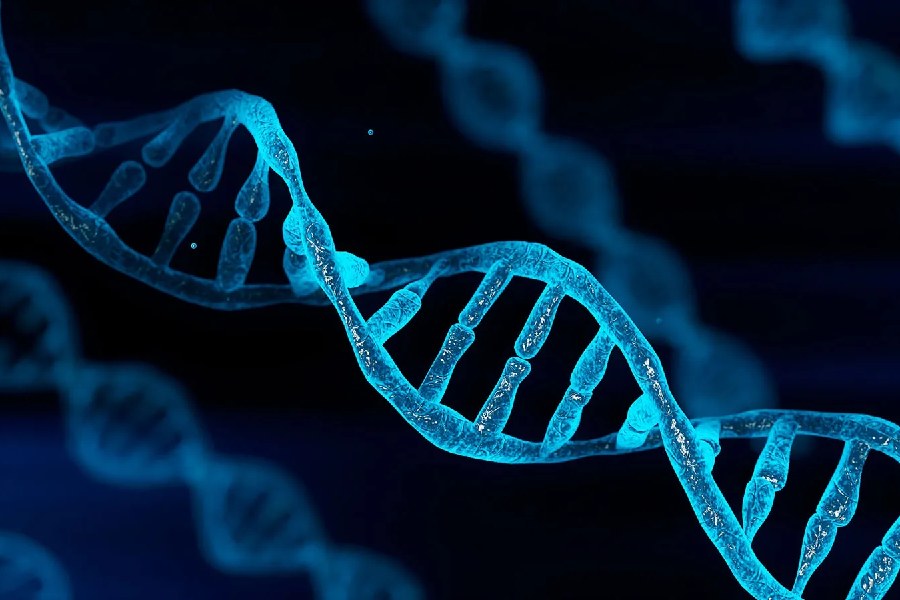A five-year project that mapped nearly 10,000 human genomes from diverse populations across mainland India has uncovered over 180 million unique differences in DNA — 65 per cent “ultra-rare” — expanding opportunities for gene-based personalised precision medicine.
The resulting database has captured the rich genetic diversity in 83 population groups across India that have hitherto been “highly underrepresented” in global genome studies, scientists said on Tuesday in a preliminary reporton their findings.
Alongside genome data from 9,772 individuals, the database includes over 30 health indicators for each person — ranging from weight, height and blood pressure to tests covering blood sugar, lipid levels and liver andkidney function.
“This database is intended to be the foundation, a starting point for multiple lines of investigation into how our genomes connect to health,” said Chandrika Bhattacharyya, a scientist at the National Institute of Biomedical Genomics (NIBMG), Kalyani, and first author of the report in the journalNature Genetics.
A preliminary analysis of the data suggests that 65 per cent of the 180 million DNA variants are ultra-rare, or unique to the population groups in India, found in less than 0.1 per cent of theoverall sample.
“One of the key questions we hope to explore in the future is what role, if any, these rare genetic variants play in health or disease,” Bhattacharyya told The Telegraph.
The 83 populations may be classified into eight broad groups —Austro-Asiatic tribe, Continentally admixed, Dravidian tribe, Dravidian non-tribe, Indo-European non-tribe, Indo-European tribe, Tibeto-Burman non-tribe and Tibeto-Burman tribe.
The nationwide consortium of researchers from the NIBMG and 19 other academic institutions that mapped the genomes are currently pursuing research to unravel how genetic variations influence the susceptibility or risks of specific diseases or the response tospecific drugs.
Multiple studies over the past two decades have led to the emergence of so-called polygenic scores that compute a person’s individual genetic risk for susceptibility to a disease based on genetic makeup. But such computations are based on data drawn largely from Caucasian populations, said Nidhan Biswas, a scientist at the NIBMG associated with the genomemapping project.
“We expect this database to lead to more reliable predictions of disease susceptibility for Indians,”Biswas said.
Other opportunities for genome-enhanced personalised medicine will come from ongoing studies to understand the connection between genetic variations and responses to drugs, said Analabha Basu, the principal investigator of the project atthe NIBMG.
Previous studies — also, largely in Caucasian populations — have suggested that genetic variations can impact the efficacy of certain drugs. For instance, some people have variants of a gene called CYP2C19 that make an enzyme less active. The enzyme helps turn a drug called clopidogrel, used to prevent blood clots, into its active form in the body. People who don’t have the right CYP2C19 variants won’t get the full benefit of the drug and will be at an enhanced risk of heart attacks or strokes despite takingthe medicine.
Such studies focused on Indian genetic variants will allow doctors in India to tailor medicines to individual genetic profiles of Indian populations, Basu said.
The Centre for Cellular and Molecular Biology, Hyderabad, the Institute of Genomics and Integrative Biology, New Delhi, and the Indian Institute of Science, Bangalore, were among other institutions involved in the project supported by India’s department of biotechnology.










